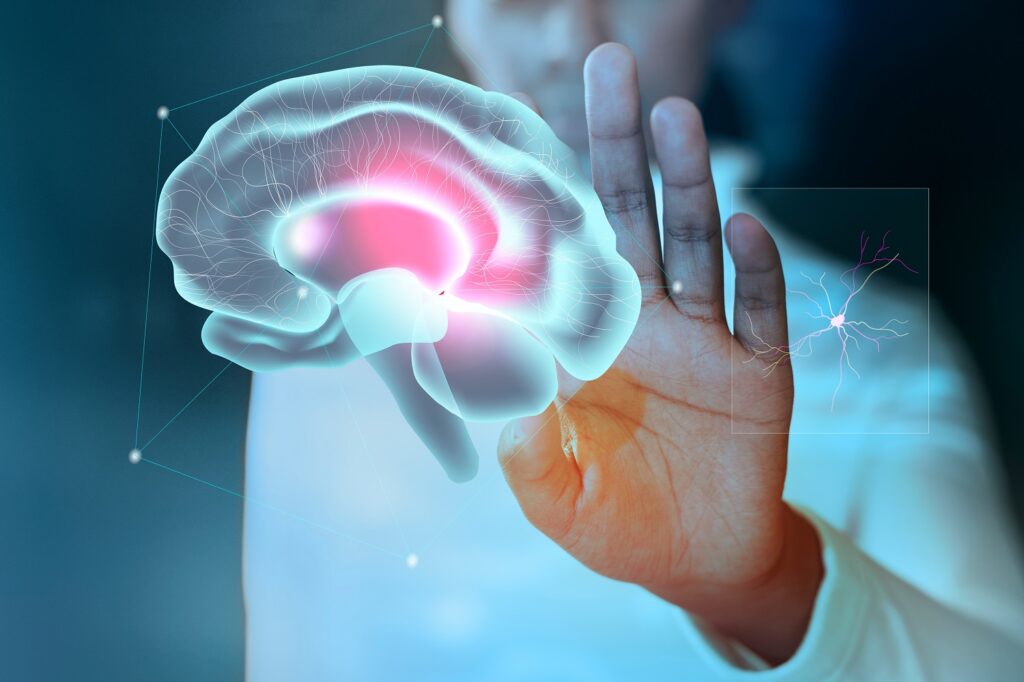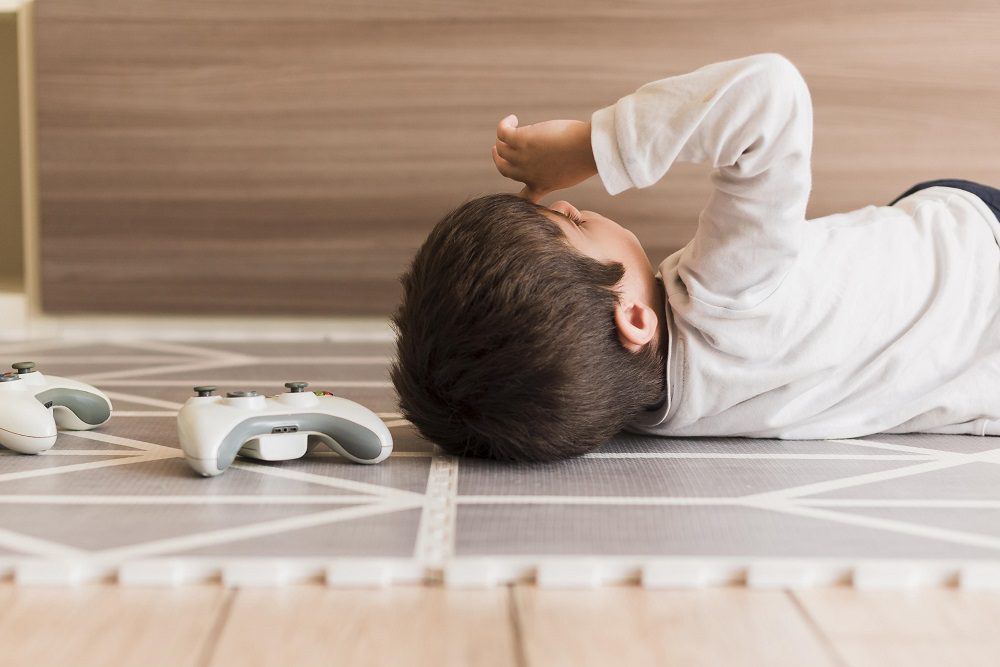An 83 years old male patient Mr. X, graduate, married, retired from his job, belonging to middle socio-economic status, hailing from urban background was accompanied to the OPD by his daughter. Informant had complaints of suspiciousness, abusing family members, abnormal behaviour, and memory impairment in the past 6 months. Patient started suspecting that there is stranger whenever he looked into the mirrored or any other reflecting surfaces. Later he started suspecting that stranger was coming to meet his wife. Apart from this he also had memory disturbances. All the investigations were normal.
Results
- a) Quetiapine 25mg and Donepezil 5mg
- a) Quetiapine 25mg and Donepezil 5mg
Delusion of misidentifications are characterized by delusional belief that familiar person, objects, or self have been replaced or transformed. There are four common types like Capgras syndrome, Fregoli syndrome, Syndrome of subjective doubles and syndrome of intermetamorphosis. Another type of delusion of misidentification is mirrored self- misidentification, where the delusional belief is that one’s reflection in the mirror is misidentified as a stranger. Mirrored-self misidentification has rarely been described in the literature. Most of the reported patients have global dementia of the Alzheimer type, making it difficult to infer the anatomical basis of this disorder. The loss of the ability to recognize oneself in the mirror is evidence of a fundamental change in the sense of self and this may cause interpersonal problems as well. Managing such cases may be difficult and challenging.















